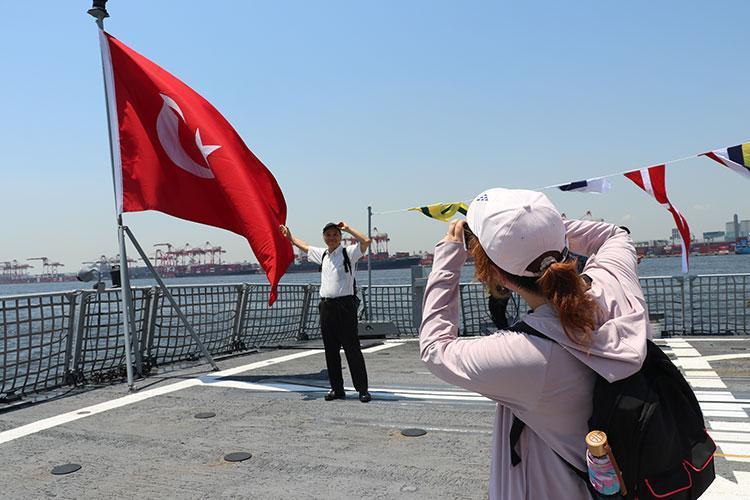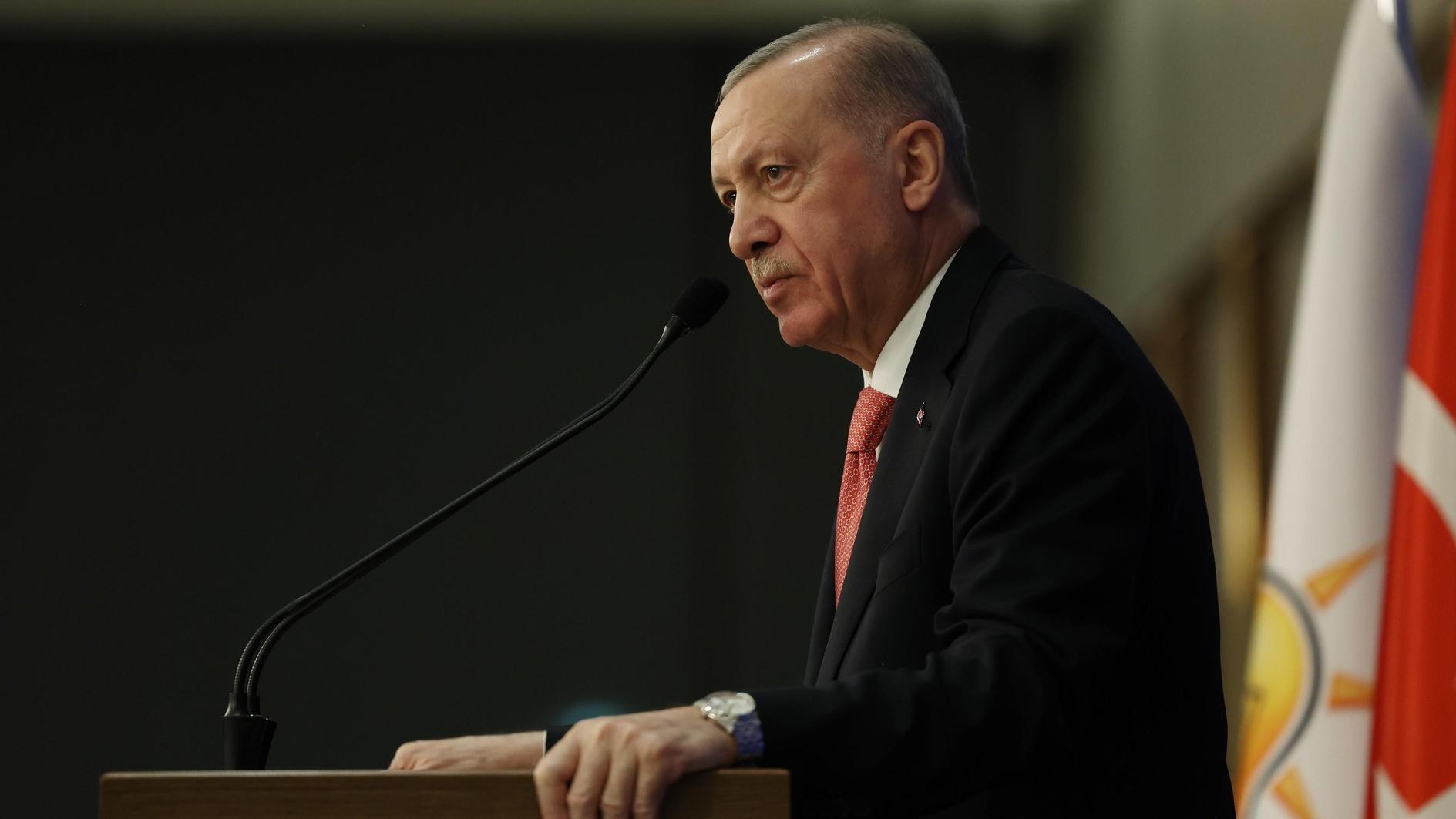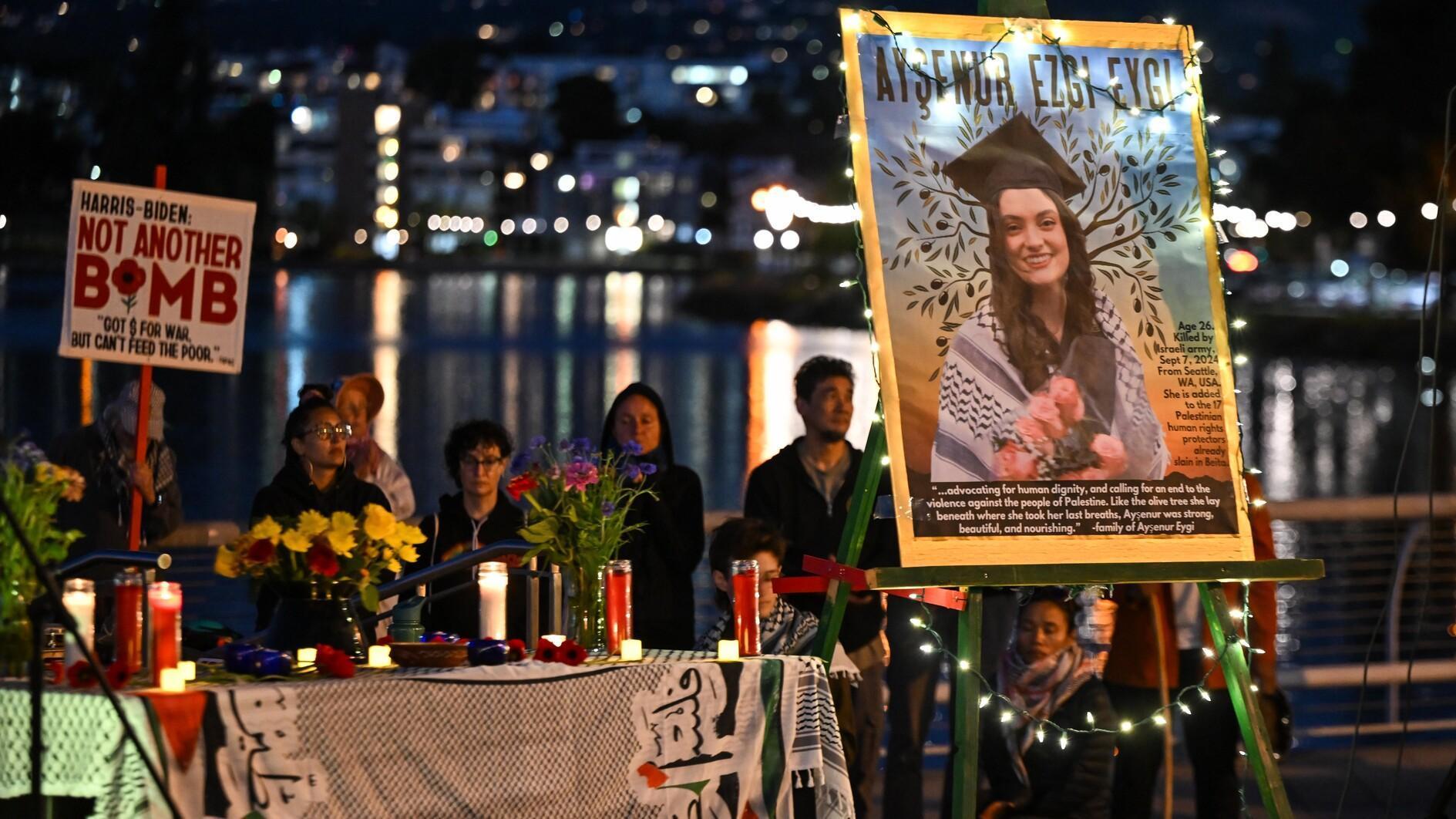Muslims’ fundamental need
What is going on in the United States is very important in terms of all societies, but it is especially important for Muslims.
Against the Islamophobic attitudes of U.S. President Donald Trump, hundreds of thousands of Americans have stood by Muslims in squares and streets, declaring “We are also Muslims” in solidarity. The drawing shared on social media depicting the Statue of Liberty embracing a girl wearing a headscarf is particularly magnificent.
This is happening in the United States, a country that has been subjected to numerous terror acts in the name of Islam.
So just as there are some in the West who approach Muslims with hate, there are many others who sympathize with Muslims in terms of human rights.
The second aspect in Trump’s controversial ban is the matter of the “rule of law,” which does not exist in any Muslim countries today. In the U.S., a judge was able to suspend the president’s executive order without being dismissed or relocated to another location.
Crowds are using their “freedom of assembly” to protest without any violence or attacks. Think of the contrast with the bloody sectarian fights and massacres going on today in the Middle East.
Without reaching a higher level of legal perception and awareness of freedoms, Muslim societies will never become truly developed countries in any field.
Yes, the U.S. still has racism issues and there are murders, outrages, lootings and destructions. Indeed, the U.S. is a kind of laboratory to see both the consequences of the law, freedom and equality and the lack of these things.
Of course, Muslims are brothers, but how are we going to be better brothers if “my sect, my cult, my community and my policies” are always seen as the only “right way”?
In all historic Islamic battles, which side did not say “all believers are brothers”?
The problem, in those times, was that detailed rules regulating power struggles and the institutions that would decide according to these rules had not developed. For this reason, the “use of power” always ruled.
It is not just Islamic history. The history of the whole world is like this, especially the many bloodbaths in European history.
Rethinking, reshaping
The need for peace and order paved the way to absolute monarchies in the history of both East and West. Then, against their despotism, over the past two centuries ideas of freedom and the separation of powers developed in the West.
There are several economic and political reasons for this. Contemporary values such as fundamental rights and freedoms, the rule of law, and the separation of powers are the results of two centuries of development.
Muslims cannot become developed societies in the 21st century without adapting these values. They cannot continue with old fatwas.
To adopt these high legal values, which are guarantees of social peace and safety, can only be possible in the words of the late philosopher Muhammad Iqbal, with “the reconstruction of religious thought in Islam.”
Eye-opening
Today, Islamic scholar Ferhat Koca defends the idea of convergence and unification between laws. Koca has emphasized that starting with the United Nations, all fundamental documents of international law, judicial institutions, and legal texts of civilized societies should converge with the Muslim identity.
Unfortunately, such solid high-level analyses remain confined to a narrow academic circle. Law is the least discussed topic in Muslim societies, while politics is the most discussed issue.
Politicization crushes both ethics and the law. However, the fundamental need is the law, and this will be recognized sooner or later.











